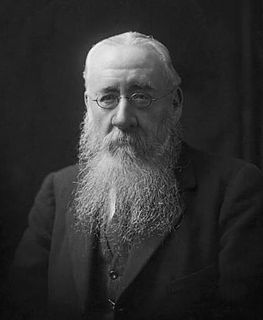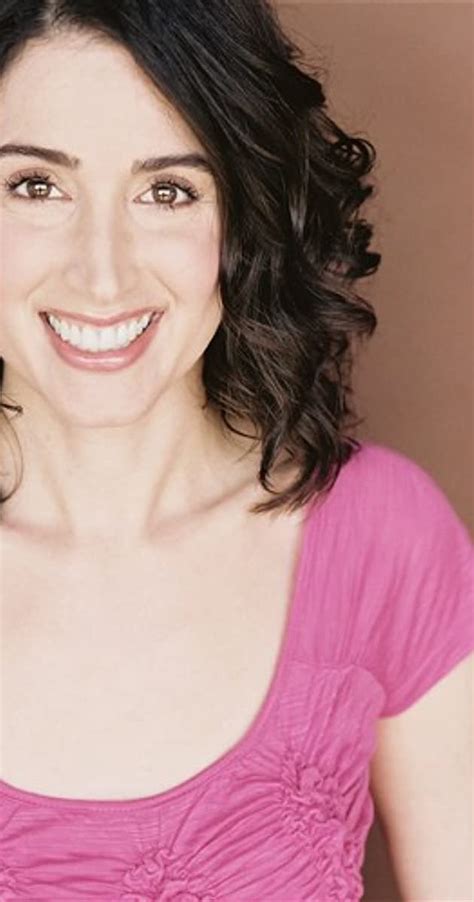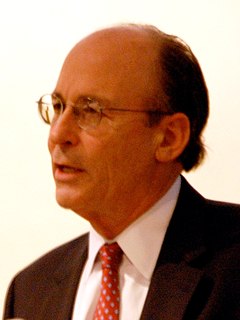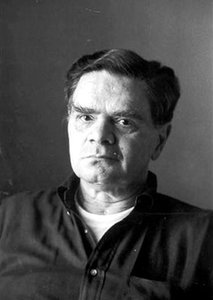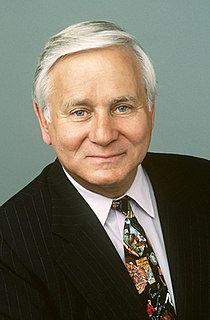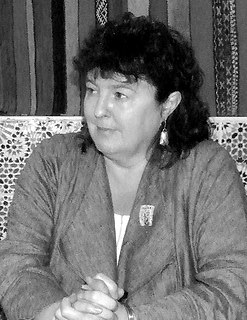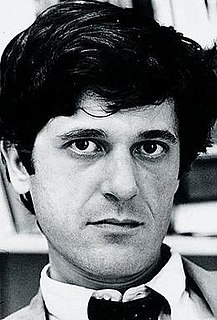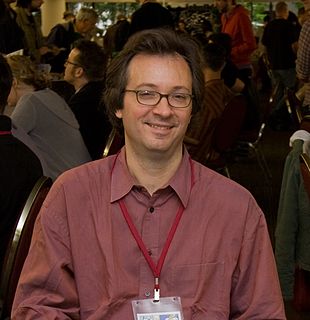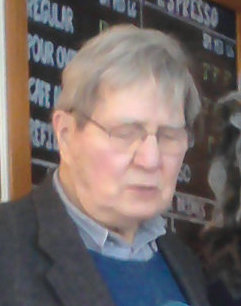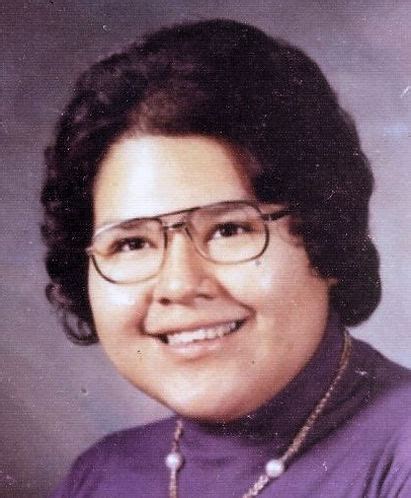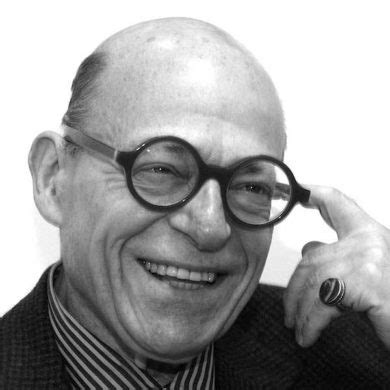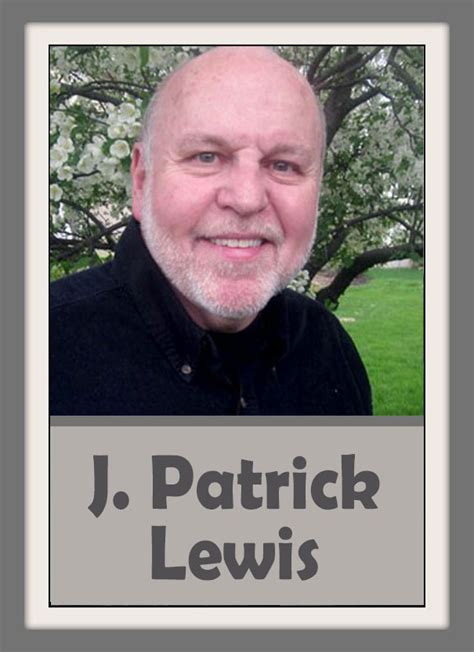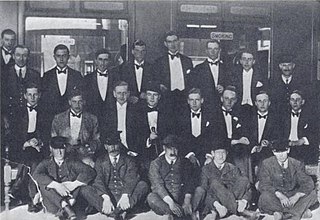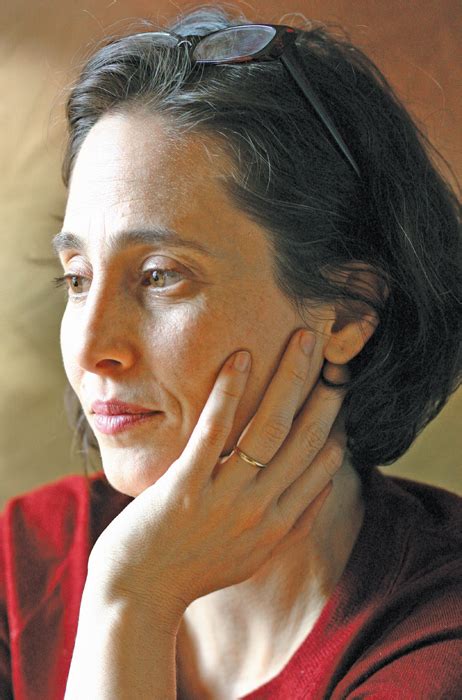Top 985 Prose Quotes & Sayings - Page 2
Explore popular Prose quotes.
Last updated on April 15, 2025.
I didn't mind writing incoherently, up until about 1980, occasionally. But after that, I decided, might as well be articulate. And I found, though, that writing poetry affected my prose to the point where I never again wrote in one draft, and my prose just took longer and longer and longer. It took longer and longer to come up with an acceptable text. And that's probably one of the reasons that my output has slowed down.
The definition of good prose is proper words in their proper places; of good verse, the most proper words in their proper places.The propriety is in either case relative. The words in prose ought to express the intended meaning, and no more; if they attract attention to themselves, it is, in general, a fault.
I try to find a style that matches the book. In the Baroque Cycle, I got infected with the prose style of the late 17th and early 18th centuries, which is my favorite era. It's recent enough that it is easy to read - easier than Elizabethan English - but it's pre-Victorian and so doesn't have the pomposity that is often a problem with 19th-century English prose. It is earthy and direct and frequently hilarious.
The difference between prose logic and poetic thought is simple. The logician uses words as a builder uses bricks, for the unemotional deadness of his academic prose; and is always coining newer, deader words with a natural preference for Greek formations. The poet avoids the entire vocabulary of logic unless for satiric purposes, and treats words as living creatures with a preference for those with long emotional histories dating from mediaeval times. Poetry at its purest is, indeed, a defiance of logic.
I've been writing for a long time, since the late '60s. But it hasn't been in the same form. I used to write scripts for television. I wrote for my comedy act. Then I wrote screenplays, and then I started writing New Yorker essays, and then I started writing plays. I didn't start writing prose, really, until the New Yorker essays, but they were comic. I didn't start writing prose, really, until the '90s. In my head, there was a link between everything. One thing led to another.
Most contemporary novels are not really "written." They obtain what reality they have largely from an accurate rendering of the noises that human beings currently make in their daily simple needs of communication; and what part of a novel is not composed of these noises consists of a prose which is no more alive than that of a competent newspaper writer or government official. A prose that is altogether alive demands something of the reader that the ordinary novel-reader is not prepared to give.
Nothing is more satisfying than to write a good sentence. It is no fun to write lumpishly, dully, in prose the reader must plod through like wet sand. But it is a pleasure to achieve, if one can, a clear running prose that is simple yet full of surprises. This does not just happen. It requires skill, hard work, a good ear, and continued practice.
...in song the words tend to lose their significance, do often lose it, while at the other extreme, in current prose it is the musical value that tends to disappear - so that verse stands symmetrically, as it were, between song, on the one hand, and prose on the other - and is thus admirably and delicately balanced between the sensual and the intellectual power of language.
I always was interested in prose. As a teenager, I published short stories. And I always wanted to write the long short story, I wanted to write a novel. Now that I have attained, shall I say, a respectable age, and have had experiences, I feel much more interested in prose, in the novel. I feel that in a novel, for example, you can get in toothbrushes and all the paraphernalia that one finds in dally life, and I find this more difficult in poetry.
Cartooning is completely different from other media: it is closely related to film and prose, other narrative forms, but the skills needed to realize a story are very different, and include not only drawing and writing dialogue and narration, but graphic design and the ability to depict time passing visually. It's a whole suite of skills that has to go into making a comics page, skills that are quite distinct from those that go into writing a page of prose, or making a film.
It may be safely affirmed that there neither is, nor can be, any essential difference between the language of prose and metrical composition.... They both speak by and to the same organs; the bodies in which both of them are clothed may be said to be of the same substance, their affections are kindred, and almost identical, not necessarily differing even in degree; Poetry sheds no tears "such as Angels weep," but natural and human tears; she can boast of no celestial ichor that distinguishes her vital juices from those of prose; the same human blood circulates through the veins of them both.
Inexperienced fiction and creative nonfiction writers are often told to show, not tell - to write scenes, dramatize, cut exposition, cut summary - but it can be misguided advice. Good prose almost always requires both showing and telling, scenes and summary, the two basic components of creative prose
In almost every book I've written, there is a reference to a movie - legendary films, actors and actresses, and forgotten made-for-TV movies. The leaps poems make are not unlike the cuts in a film. The miniature and avant-garde prose poets have perhaps the most obvious ties to film, as a prose poem in its shape is not unlike a movie screen.
I was a kid when I read Jane Eyre and fell in love with that universe. I didn't have the acumen to say the prose is old or the prose is too complex. I just fell in love with Jane's very lonely soul, much the same way I fell in love with Frankenstein's creature for the same reason. Those old souls exist in every decade in every century.
Prose is not to be read aloud but to oneself alone at night, and it is not quick as poetry but rather a gathering web of insinuations ... Prose should be a long intimacy between strangers with no direct appeal to what both may have known. It should slowly appeal to feelings unexpressed, it should in the end draw tears out of the stone.
Of course, there are hundreds of novels and authors that have influenced me. But to choose three, they are: Stephen King/The Stand (and really most of his books); Anne Rice/The Witching Hour; and Pat Conroy/The Prince of Tides. These authors write my favorite kind of book - epic feel, gorgeous prose, unique characters, and a pace that keeps you turning the pages. From them, I learned a lot about characterization, pacing, prose, voice, and originality.








